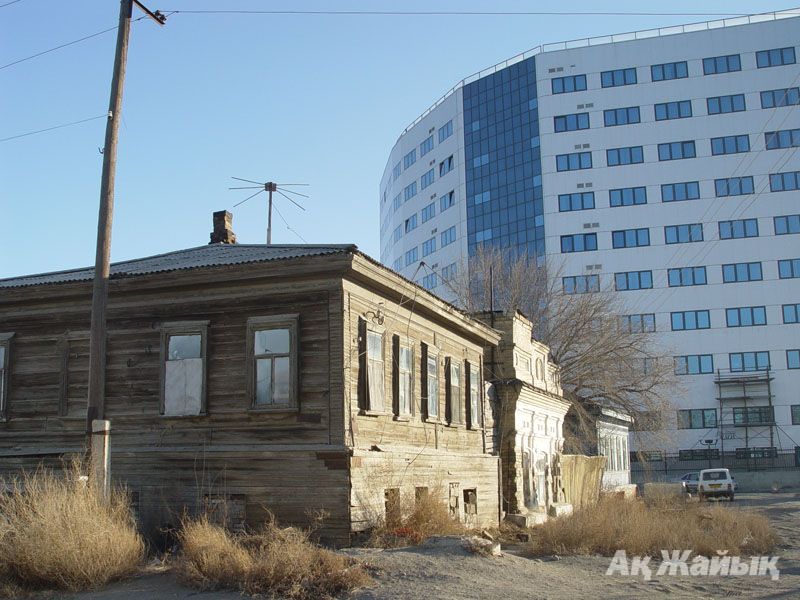 Recently a friend of mine, browsing the endless space of Internet, came across a website where expats, who work and live in Atyrau, share their impressions about the life here. One of the authors of those postings (probably, a young man) tried to understand the reasons of (literally) "offenses and hatred in this young country" of local population towards people of his kind. Let us also try to understand the issue.
Recently a friend of mine, browsing the endless space of Internet, came across a website where expats, who work and live in Atyrau, share their impressions about the life here. One of the authors of those postings (probably, a young man) tried to understand the reasons of (literally) "offenses and hatred in this young country" of local population towards people of his kind. Let us also try to understand the issue.
HOW MANY OF YOU?
As of November 1, 2012 there were 6 419 foreign citizens living and working in Atyrau Oblast. Out of them 90% work in Kashagan and Tengiz projects. To recall, a year ago the transnational companies managed to push through the right for unlimited import of foreign workforce to these two projects at one of the meetings of Investors’ Council functioning under the auspices of RoK President.
The workforce breakdown looks as follows: 70 persons of the 1st category (top managers), 2 081 persons of the 2nd category (deputy managers), 3 869 persons of the 3rd category (engineering group), and 399 persons of the 4th category (highly skilled labour). In any case, these figures are presented to state agencies by the companies.
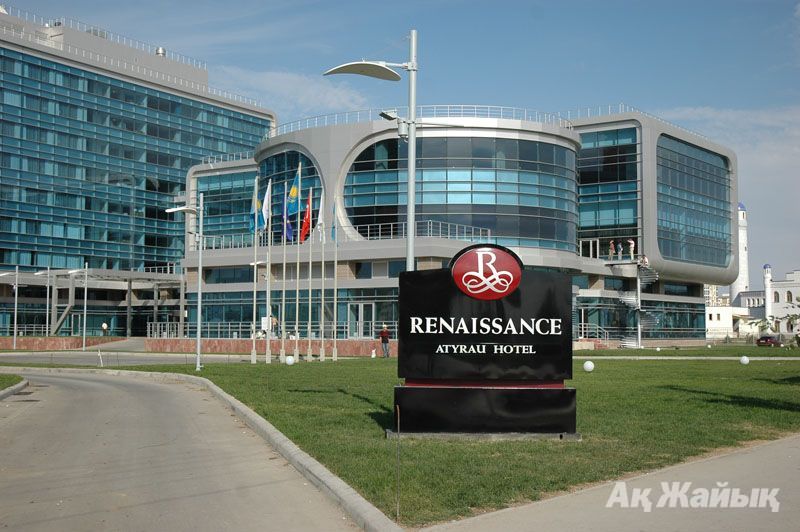 WHAT ONE SHOULD BE AFRAID OF IN ATYRAU
WHAT ONE SHOULD BE AFRAID OF IN ATYRAU
Firstly, with what expats are not happy with in Atyrau. I scooped information from thematic sites that were available in abundance. So, one of expats writes that in Atyrau nowadays there are state-of-art offices, good hotels and comfortable restaurants. But: "There is also the other side of this city. The majority of people still live in bad houses, having a salary from 500 up to 1000 dollars a month- which is not enough in the city, where the prices are very high. It causes negative feelings towards the foreigners who work in oil industry. And, unfortunately, attacks against foreigners, leaving bars and restaurants late at night, became a widespread phenomenon".
"My friend fell into open manhole and injured his foot. Holes, bumps, unevenness of a road surfacing here is everywhere. So, be attentive, especially after it gets dark", - recommends the other expat. He also advises to agree on taxi fare before getting into the cab: "It is difficult if you don't speak Kazakh or Russian. And if the taxi driver sees that you are the foreigner, he can charge double or threefold price. The best option – to call a taxi from the hotel reception, previously learning the taxi fare".
WHAT TO LOOK AT AND WITH WHOM TO TAKE A WALK
 Among positive changes in the city he noted free Wi-Fi access at the airport. As a landmark he noted the central bridge connecting Europe with Asia. "You can take a walk in Victory Park. It is situated by the river near Avangard district, approximately two kilometers from Renaissance hotel. Park is in bad condition. It won’t impress you, but it can give you some idea of history: there is a memorial dedicated to the soldiers of the WW2. Nearby there is a small amusement park, but I never saw it open. Along the whole route it is recommended to walk only in day time".
Among positive changes in the city he noted free Wi-Fi access at the airport. As a landmark he noted the central bridge connecting Europe with Asia. "You can take a walk in Victory Park. It is situated by the river near Avangard district, approximately two kilometers from Renaissance hotel. Park is in bad condition. It won’t impress you, but it can give you some idea of history: there is a memorial dedicated to the soldiers of the WW2. Nearby there is a small amusement park, but I never saw it open. Along the whole route it is recommended to walk only in day time".
The posting about "depravity of local girls" made me curious: "None of them (local girls – L.S.) care that they (foreigners – L.S.) have wives and children waiting for them at home. Moreover, in Kazakhstan it is allowed to have several wives. I know many guys who live here with local women and have the second family, while their wives and children worry about them at home. I am not married and, therefore, I can talk about it. If you are married and you plan to go to Kazakhstan, my advice to consider this. I know many cases when families collapsed. I don't blame young girls who wish to have a good life. But I also I don't approve this. I can feel the hostile attitude of local guys, especially when they see a 60-year-old foreigner with a 20-year-old Kazakh woman".
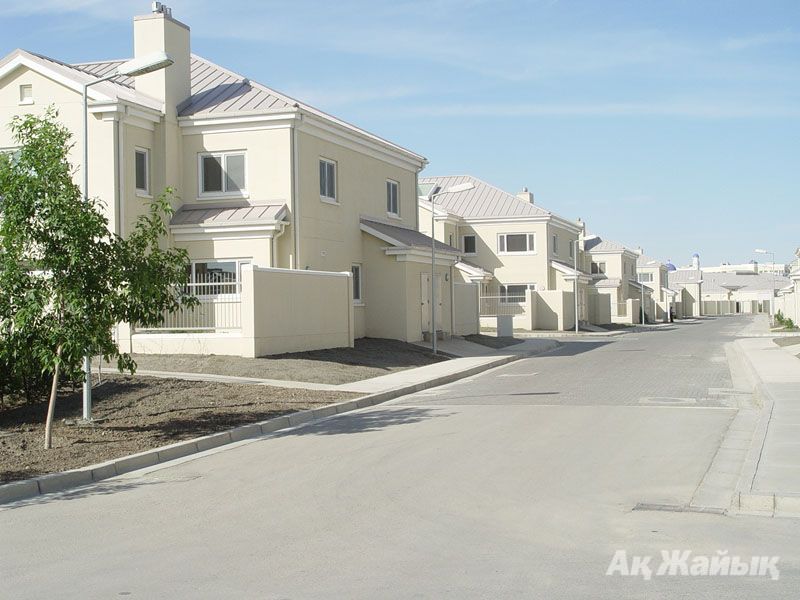 One more posting: "The fact that the American village is located in the centre of the city causes negative feeling among local population. So if you an American, be careful, especially when you walk alone in the night time".
One more posting: "The fact that the American village is located in the centre of the city causes negative feeling among local population. So if you an American, be careful, especially when you walk alone in the night time".
Certainly, some are not happy with purely domestic issues: absence in local supermarkets types of cheese and fruit they are accustomed to, which – oh, my God! – they have to bring from overseas.
JOHN THE SOAKER
All this (or nearly all of it), in principle, could be understood, considering differences in mentalities and incomes of foreigners and locals. What really irritates is a different thing. As it was repeatedly confirmed by audits of state agencies, quite often the ordinary workers are attracted into the country as "managers", occupying a position of a Kazakhstan engineer. And sometimes even doubtful personalities arrive here to work as managers.
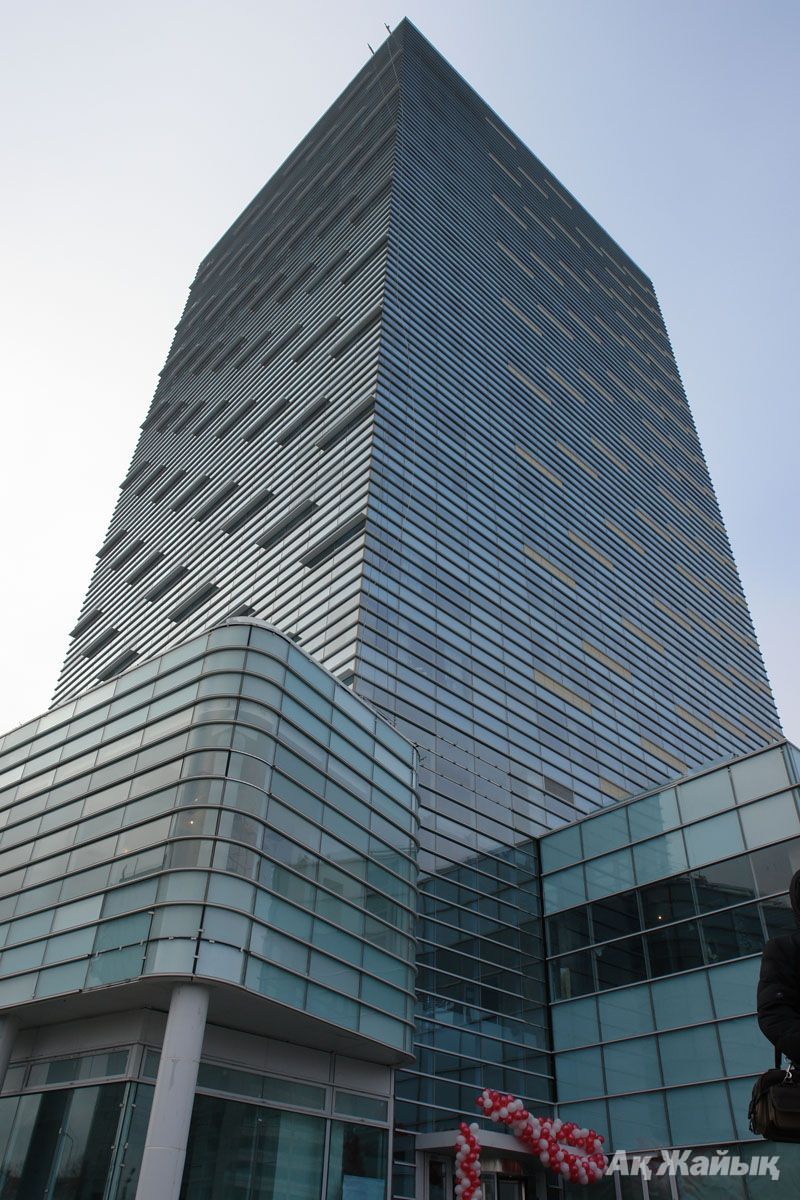 A story about such ridiculous specialist is circulating since October of last year on corporate sites of oil companies. The story is told on behalf of a country-fellow with whom this ex-farmer John, who until recently worked as an engineer at one of projects in Kazakhstan, shared his life story: "John spent 7 years in district prison near the small town of Gulfport. In the State of Mississippi the laws are strict; therefore, he was put into prison for beating a visitor in a bar with a baseball bat being under the influence of alcohol. He was released in 2002 and he was periodically reporting to the police station. When the local sheriff was replaced, it appeared that the new one was his former colleague called Jim. After a few bottles of whisky Jim asked our hero what he was doing in life. John told the truth that he was a handy man: repairing somebody’s fence, installing air conditioner to another, or working in the farm as a helper. And that he lived from one wine party to another. Then the sheriff said to John that he has a friend who works in Kazakhstan, and offered to help him with employment. When John heard the terrible ending “stan”, he nearly choked with whisky: his memory recollected bloody Kurdistan, Pakistan, Afghanistan … He didn't want to hear about Kazakhstan, but Jim managed to convince him: the country is quiet, you will find a job easy and the salary will be just “wow”!
A story about such ridiculous specialist is circulating since October of last year on corporate sites of oil companies. The story is told on behalf of a country-fellow with whom this ex-farmer John, who until recently worked as an engineer at one of projects in Kazakhstan, shared his life story: "John spent 7 years in district prison near the small town of Gulfport. In the State of Mississippi the laws are strict; therefore, he was put into prison for beating a visitor in a bar with a baseball bat being under the influence of alcohol. He was released in 2002 and he was periodically reporting to the police station. When the local sheriff was replaced, it appeared that the new one was his former colleague called Jim. After a few bottles of whisky Jim asked our hero what he was doing in life. John told the truth that he was a handy man: repairing somebody’s fence, installing air conditioner to another, or working in the farm as a helper. And that he lived from one wine party to another. Then the sheriff said to John that he has a friend who works in Kazakhstan, and offered to help him with employment. When John heard the terrible ending “stan”, he nearly choked with whisky: his memory recollected bloody Kurdistan, Pakistan, Afghanistan … He didn't want to hear about Kazakhstan, but Jim managed to convince him: the country is quiet, you will find a job easy and the salary will be just “wow”!
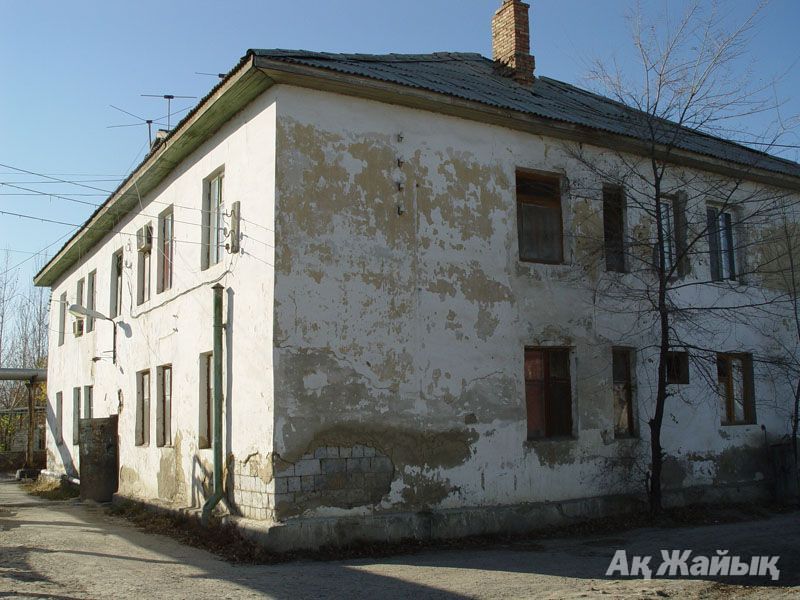 "And what about my education, job experience?» – asked John. "Don't make me laugh, - laughed Jim. – This is the third world country; nobody cares about it over there. Locals are toiling for peanuts, and your job will be to report to the management about everything that is going on. You will be employed as an engineer and get one thousand bucks a day. Quite good money before retirement, isn't it?". "What about girls? – John asked with interest. – In Arab countries, for example, if they see you with a local girl, they will chop your head off. And what about KZ? " - "The girls there are available in bulks, - said Jim jokingly. – They will jump into your bed and don’t care if you are old. They think: perhaps I will be lucky and he will buy me a flat or, maybe even take me away to America. The issue of work visa is easily resolved with local authorities - this business is put on mass production line. They take even from Hindus and Filipinos 500-1000 bucks, and from the Americans they ask at least five thousand. But all this will be quickly paid back.”
"And what about my education, job experience?» – asked John. "Don't make me laugh, - laughed Jim. – This is the third world country; nobody cares about it over there. Locals are toiling for peanuts, and your job will be to report to the management about everything that is going on. You will be employed as an engineer and get one thousand bucks a day. Quite good money before retirement, isn't it?". "What about girls? – John asked with interest. – In Arab countries, for example, if they see you with a local girl, they will chop your head off. And what about KZ? " - "The girls there are available in bulks, - said Jim jokingly. – They will jump into your bed and don’t care if you are old. They think: perhaps I will be lucky and he will buy me a flat or, maybe even take me away to America. The issue of work visa is easily resolved with local authorities - this business is put on mass production line. They take even from Hindus and Filipinos 500-1000 bucks, and from the Americans they ask at least five thousand. But all this will be quickly paid back.”
The author summarizes that John worked in Kazakhstan as an engineer of a major project for seven years. And the friend of the sheriff is still working here as the coordinator of well-workover department at a major oil field.
By Laura Suleimenova
 В Атырау -10
В Атырау -10